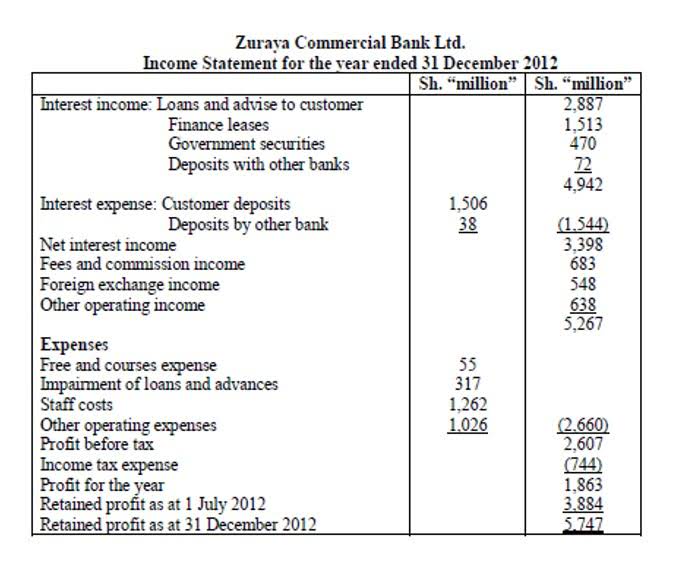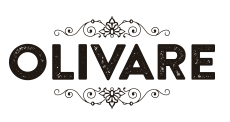
Digital bookkeeping integrates seamlessly with various accounting software, such as QuickBooks, Xero, or FreshBooks. This integration simplifies data transfer, reduces manual tasks, and enables a more cohesive financial management process. The apex management team of a company relies on financial reports, so data accuracy is given the utmost importance in bookkeeping. Thanks to digital bookkeeping, now you don’t have to worry about the accuracy of complex calculations; software will take care of it. A virtual bookkeeper might be an independent freelancer, a remote bookkeeping firm, a service offered by an accounting firm, or an in-house bookkeeper working remotely.
ERP: powering accounting for the next era of growth
Digital bookkeeping provides up-to-the-minute reports, so you always know where you stand. Data stored in the cloud can be accessed from virtually any location with an internet connection, using various devices like laptops, tablets, or smartphones. This flexibility facilitates remote work arrangements and allows for real-time collaboration among team members or with external financial professionals. With Xero’s bank reconciliation tool, you can keep track of your transactions and ensure you’re always up to date on your finances.
Digital Bookkeeping vs. Traditional Bookkeeping: What’s the Best Fit for Your Business?
Instead of spending hours on repetitive tasks, you’ll gain back valuable time and ensure greater accuracy across your records. By automating routine transactions, digital bookkeeping enables accountants to focus on value-added services such as financial advising, budgeting, and forecasting. Furthermore, integration with other digital tools helps create a seamless financial workflow, improving efficiency and accuracy across the organization. Digital bookkeeping is not a standalone process but an integral part of broader accounting and financial management.
What does digital accounting for business involve?

Get certified as a CDB and stand out with advanced knowledge and professional standards. Our DBA members-only community offers the vibrant support and collective wisdom of like-minded professionals. Dedicated software exists to help you improve your reporting, get invoices paid faster, improve operational efficiency, and link operations between different departments. You can also use the latest tax software to prepare and file your tax returns with less time and lower risk of potentially costly errors.
Manual bookkeeping overlooks important transactions
It feeds data into accounting systems where it is used for financial analysis, audit preparation, tax filing, and strategic planning. These tools automate tasks like data what is digital bookkeeping entry, financial reporting, and cash flow monitoring, making bookkeeping more efficient and error-free. With digital bookkeeping, automated systems handle data entry, significantly reducing errors. For example, instead of writing sales invoices by hand, businesses can generate digital invoices using accounting software and email them to customers. These digital records are stored securely in the software for future reference and analysis. Discover the top accounting software for venture capital firms and manage complex finances easily.
- AP automation matches completed payments against original invoices and updates your accounting records immediately.
- You can’t build a modern, scalable firm while clinging to the past just to keep everyone happy.
- In this current generation, where almost every function of our daily lives is engaged with technology, digital bookkeeping is the order of the day.
- But you might wonder what digital accounting is, what the benefits are, and how to transition.
- Most systems use encryption to protect your data, with access controls to ensure that only authorized personnel can view or edit financial records.
Thanks to digital technologies, accounting tasks are now faster, more efficient, and more accurate. It has also made it easier for accountants to collaborate with clients and colleagues no matter where they are. Both traditional and digital bookkeeping come with their own processes, advantages and disadvantages. But only by understanding the key differences between the two, you can decide which method is best suited for your business. Phased implementation offers an effective strategy for managing these challenges. A gradual rollout of digital tools—starting with pilot programs—allows organizations to refine processes, address challenges, and build confidence among users before full-scale adoption.
This includes integration with online payment processors, e-commerce platforms, and payroll services, allowing for automated data transfer between systems. Such integration eliminates redundant data entry across different platforms and ensures consistency in financial records. QuickBooks is an excellent solution for small businesses just starting in digital accounting. Plus, it offers flexible options like letting users add an unlimited number of users at no additional cost—as long as they have the same.

- Digital accounting processes are not something you set up and never think about again.
- All to enable them to take business decisions with increased accuracy, reliability, and speed.
- Upload the financial information to a cloud-based platform and categorize your data based on date, transaction type, name, and others.
- Once you have chosen the right ERP or bookkeeping program, digital bookkeeping can begin.
- Common digital bookkeeping software ranges from simple platforms designed for small businesses to sophisticated enterprise-level systems.
Artificial intelligence is being integrated into accounting systems, offering even smarter insights and automating more tasks. For instance, future tools might analyze your financial trends and suggest ways to improve your cash flow. Digital bookkeeping streamlines the process of capturing and reporting financial information securely, efficiently, and cost-effectively. While initial investment may be required for software or services, automation saves considerable time and effort in the retained earnings long run.

- Choose Klippa SpendControl as your all-in-one digital pre-accounting software that combines invoice processing, expense management, and corporate credit card modules.
- Quite often, accountants find themselves strapped for time to complete their work, and giving them more work to make the transition is hard to fathom.
- An experienced bookkeeper can interpret financial data, identify potential risks, and provide personalized advice that software alone can’t offer.
- One of the things we like most about NetSuite is that its SaaS-deployment model means it’s completely scalable and thus appropriate for both small and large companies.
- To become a digital bookkeeper, start by learning the basics of bookkeeping, either through online courses or certifications.
Digital accounting is transforming the way businesses operate and manage finances. As economic conditions change and businesses need to adapt, digital accounting will continue to play an increasingly important role in financial management and decision-making. By following https://ukinteriors.in/?p=1908 these five steps, your company can successfully transition from traditional accounting methods to digital ones.
